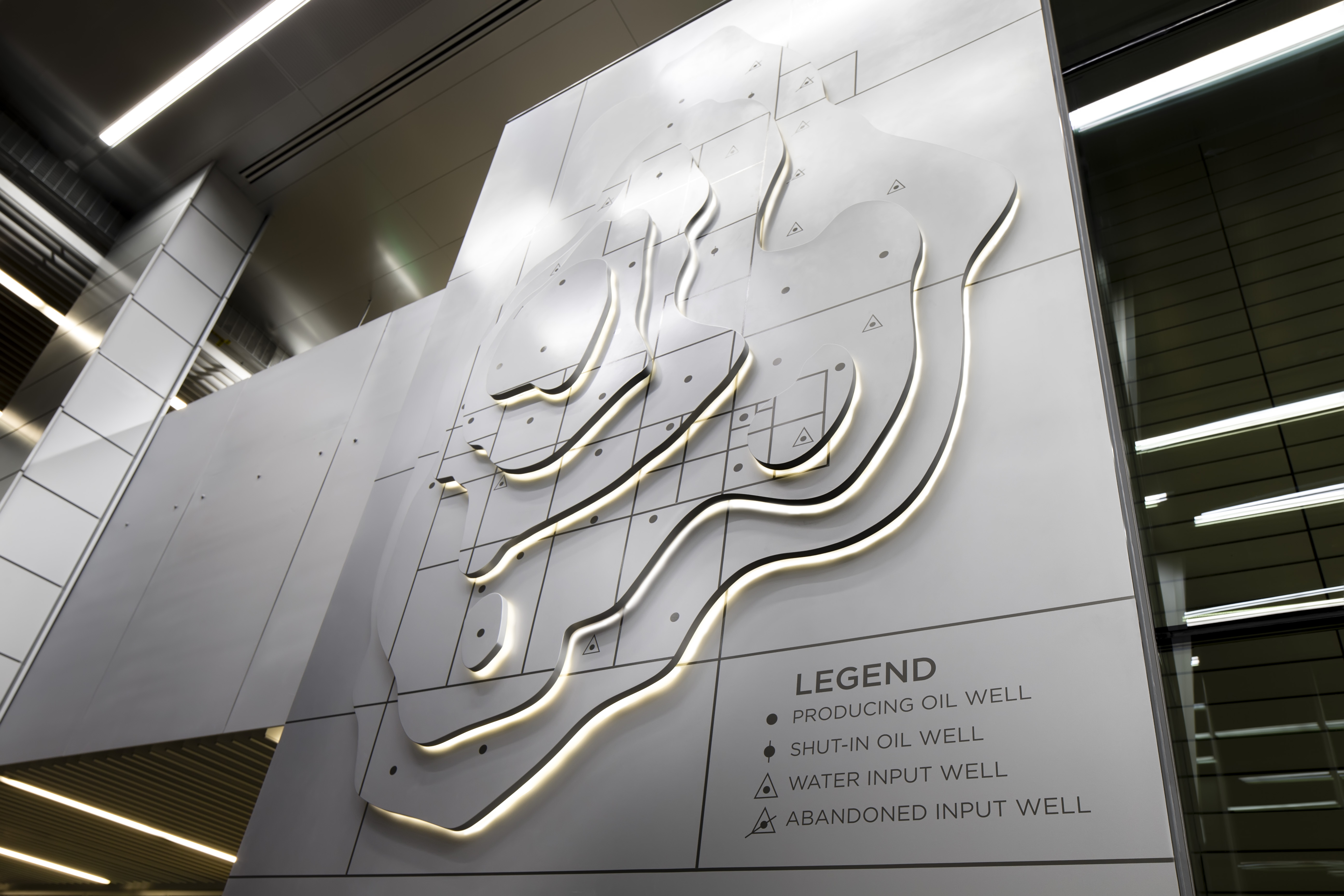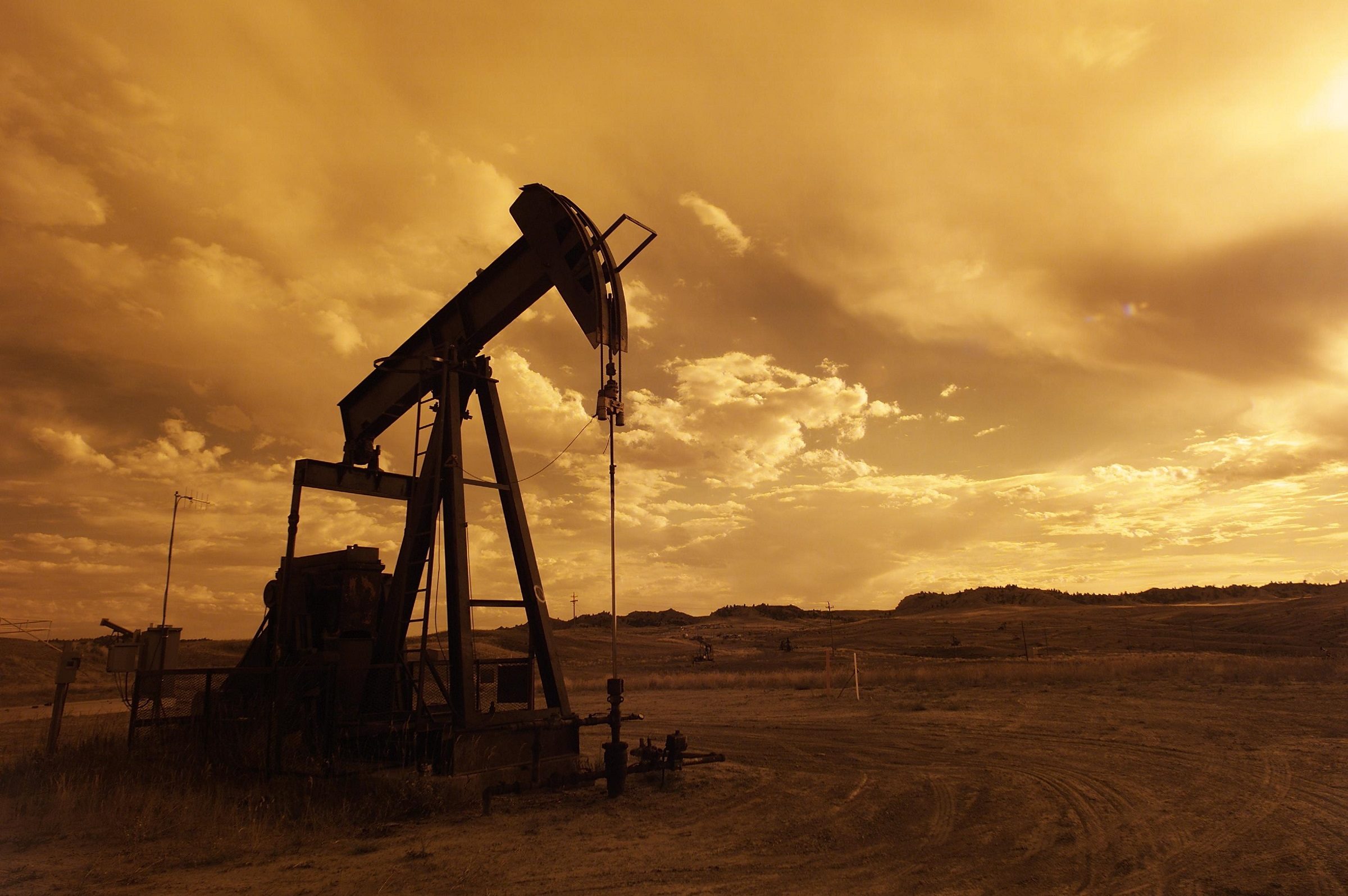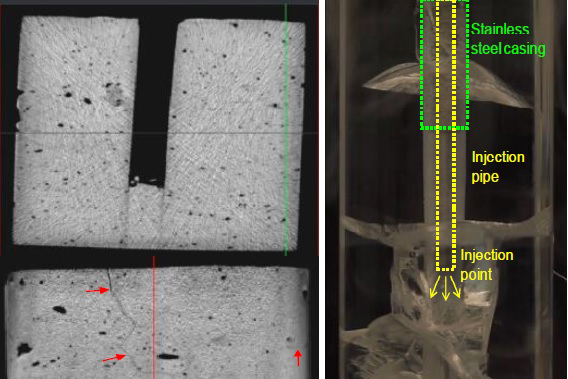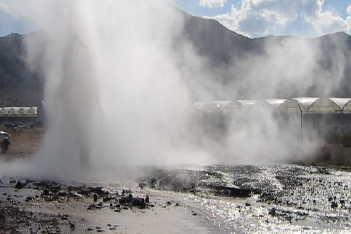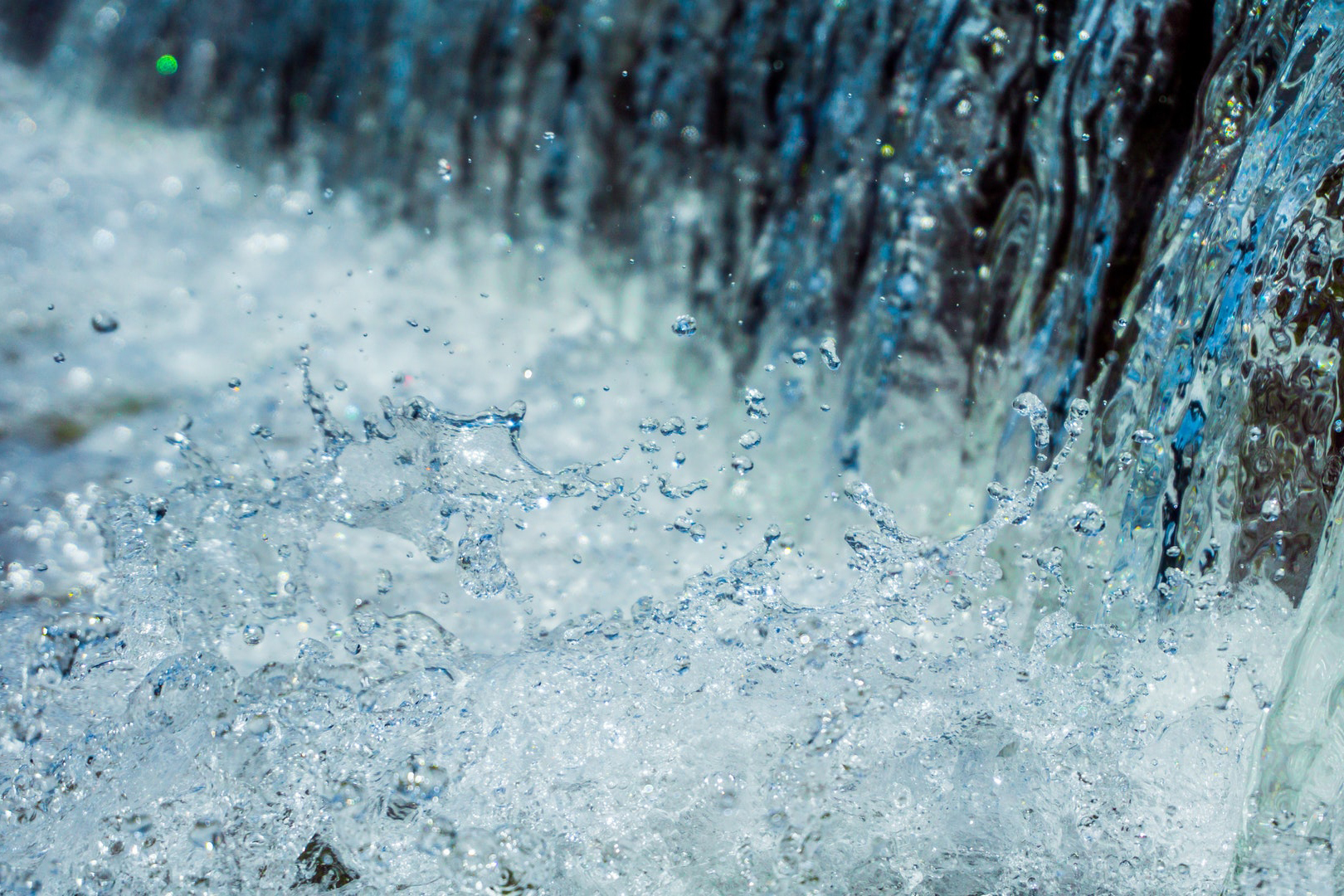Petroleum Engineering Research
Unconventional Reservoir Engineering Project
Initiated in 2012, the UREP program is designed to focus on the unconventional aspects of unconventional reservoirs. The general objective is to achieve a more complete reservoir engineering understanding and develop more appropriate reservoir engineering tools and practices for these reservoirs. This objective covers the entire spectrum of reservoir engineering research of nanoporous and microfractured unconventional formations.
Marathon Center of Excellence for Reservoir Studies
The Marathon Center of Excellence for Reservoir Studies (MCERS) investigates a wide spectrum of reservoir problems with emphasis on field applications. Research areas include: reservoir characterization and connectivity, rate and pressure transient analysis, improved and enhanced oil recovery issues, infill well placement and multi-laterals, and modeling of naturally fractured reservoirs.
More Information
Fracturing, Acidizing, Stimulation Technology
The Fracturing, Acidizing, Stimulation Technology (FAST) Consortium is a joint industry/university research consortium that performs research in all areas of stimulation of oil and gas wells. FAST concentrates on theoretical and laboratory developments that can be directly employed in the field to improve stimulation design and execution.
Energy Modeling Group
The Energy Modeling Group‘s mission is to develop state-of-the-art reservoir modeling technology and advanced simulation tools for research, teaching, and field application in the area of subsurface energy and natural resources, and environmental science and engineering.
Unconventional Natural Gas and Oil Institute
The mission of the Unconventional Natural Gas and Oil Institute (UNGI) is changing; updated mission statement, new directors, new research focus. Come back in December 2022 and see our updated plan.
Multiphase Fluid Dynamics and Fluid Properties
Associate Professor Xiaolong Yin’s research group studies multiphase flows such as particle-laden flow and flow through porous media, and conducts research into reservoir fluid properties.

